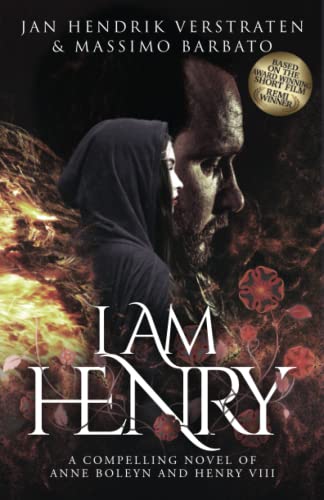I Am Henry: A Compelling Novel of Anne Boleyn and Henry VIII
London: 1547. King Henry VIII is dead. But what if the end is only the beginning? Henry passes into the beyond but is shocked to learn that his kingly deeds in life do not guarantee him entry to heaven. He is taken to trial, then judged to wait in limbo as the court deliberates his fate.
Henry’s saving grace is the Duke of Cornwall, Henry’s first-born son who died only weeks after birth. The boy, who is a grown man in the afterlife, decides his father can be redeemed. The duke becomes Virgil to Henry’s Dante, encouraging Henry to confront his misdeeds. Henry faces the spirits of people he wronged in life: a monk, former wives, royal councillors, children. Can he ask for forgiveness from those he wronged in life, to find redemption?
I Am Henry weaves through Henry’s childhood, his reign as king, and his journey after death. The result is a story that entwines historical fiction with magical realism and fantasy. The premise is intriguing: after death, what happens to the man who destroyed the long-held religious beliefs of his kingdom for personal gain? The novel is based on a short film, and it’s cinematic in its perspective and scope. What works on the screen doesn’t always translate to the page, however. While highly visual and descriptive, the novel lacks any craft of writing. Readers of Tudor historical fiction will know all the facts that litter the book, and the info-dumping makes it a slow read. Where the book gets it right is Henry’s inner turmoil: it’s just a shame it couldn’t be shown more than told.










